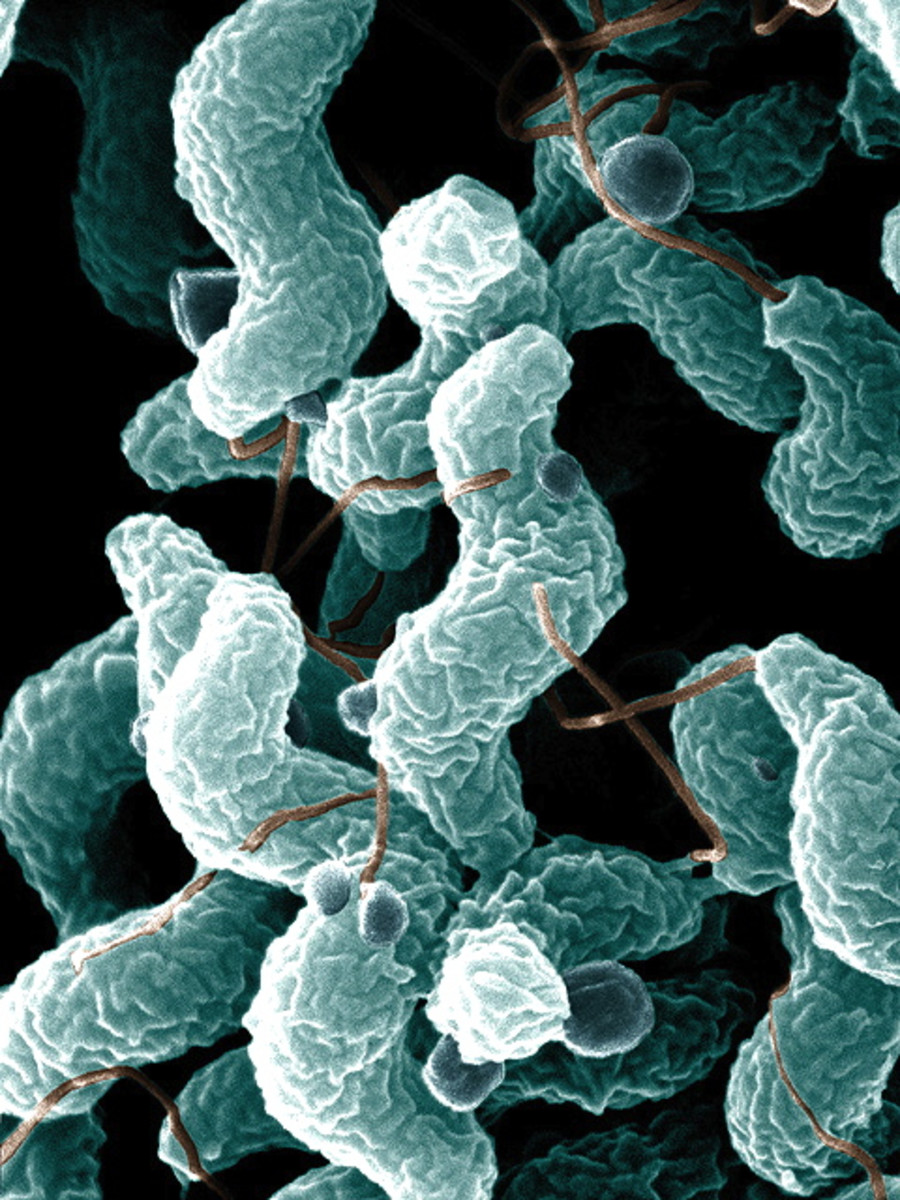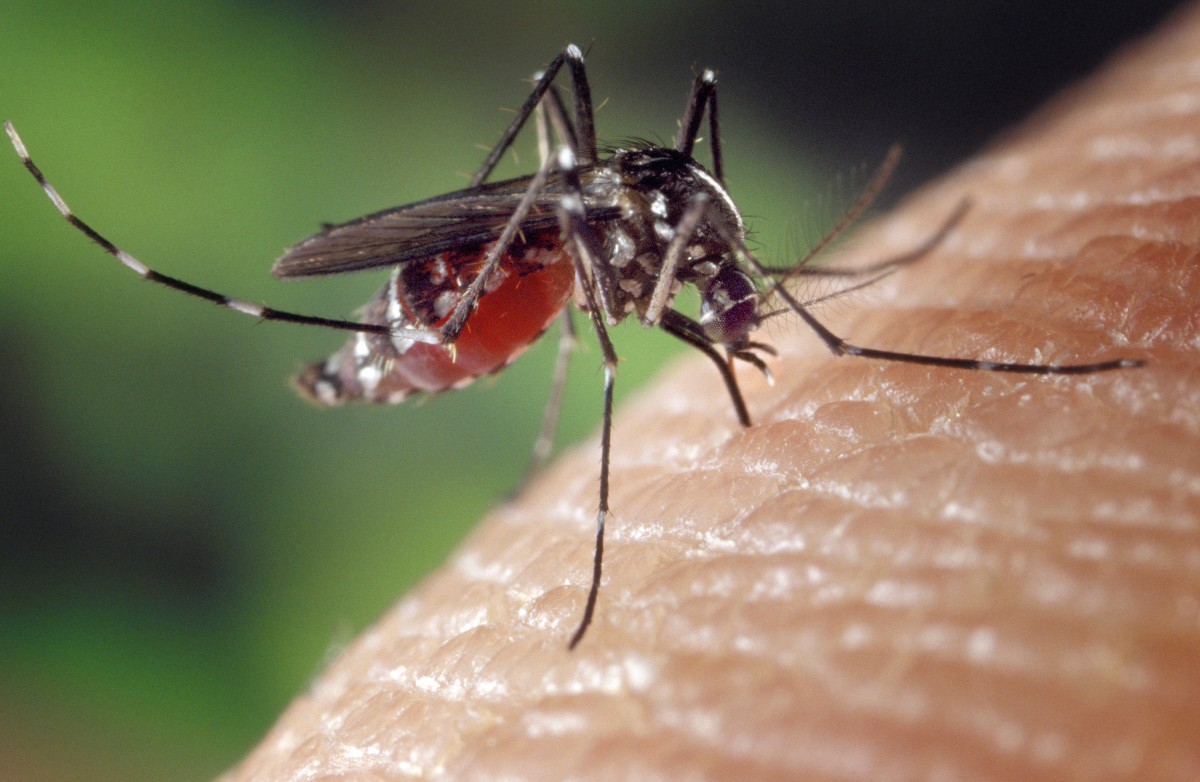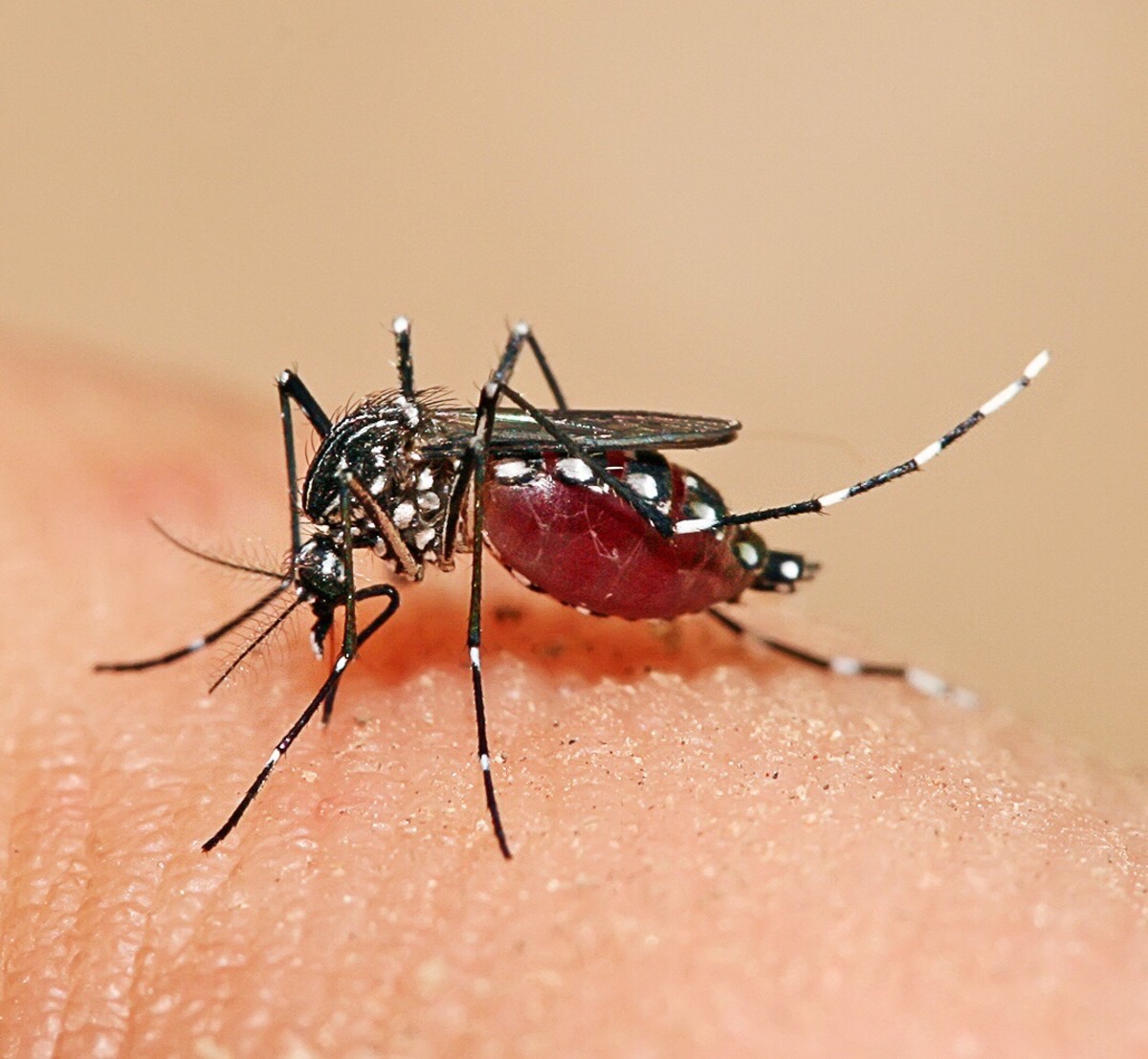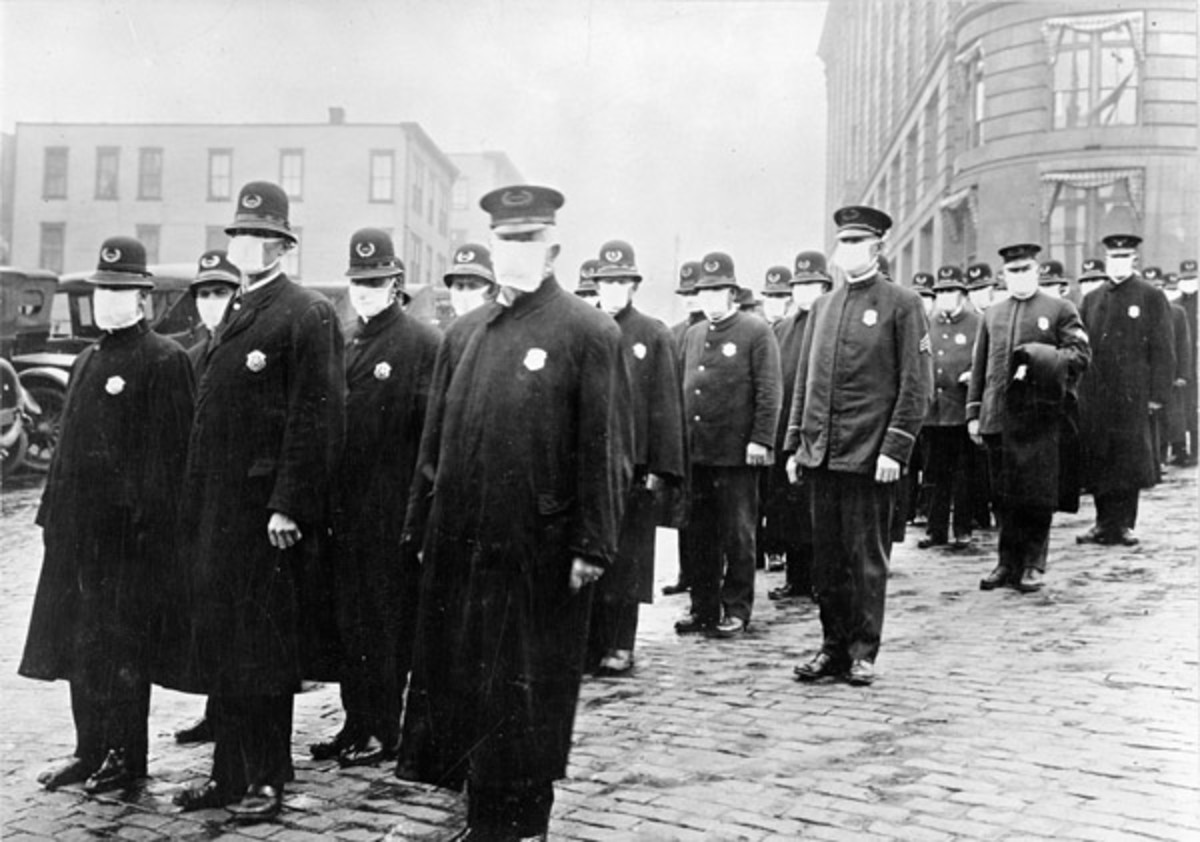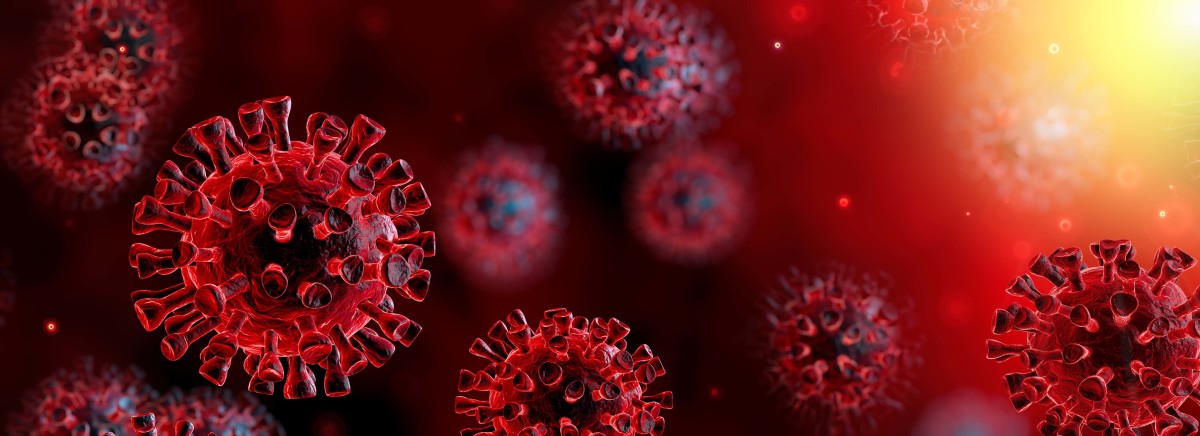Pandemics: Things You Need to Know
Do you know COVID-19 is a pandemic?

Pandemics are for real
Some months ago, no one would give a damn about such things as pandemics. But, now as the world is striving against COVID-19 pandemic. The health care system has fallen apart, economies have been destroyed. All this in just months. So, pandemics are for real. It’s not fiction. It’s not just history. It’s here. So, here I write about the pandemics, so basic question is…
What are pandemics?
What are Pandemics?
The word pandemic arises from the Greek word pandemos meaning “pertaining to all people.” The Greek word pan means “all” and the Greek word demos means “people”.
Pandemic is a type of outbreak of a disease that occurs globally causing high morbidity and mortality. Morbidity is the number of people getting sick while mortality is the number of people dying of the illness. It is the most violent type of spread of an infectious disease.
Safety measures are essential
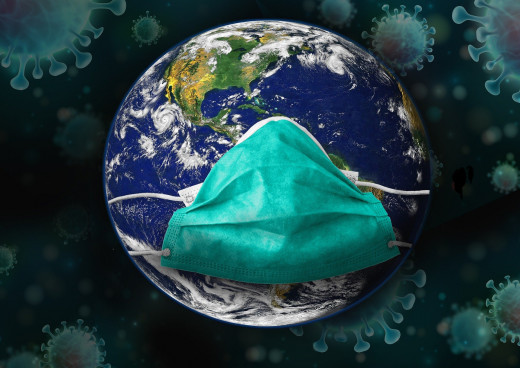
What is difference between Pandemics and Epidemics?
Pandemic is neither the first phase of an outbreak nor it’s the last. At first, there is an epidemic. At last, a disease becomes endemic.
Now, if we talk about an epidemic, it’s brutal as well. But, epidemics are nothing when compared with a pandemic in terms of devastation.
Actually, epidemics are specific to a region, city or community. Epidemics are characterized when the number of infected individuals is higher than the expected number.
In pandemics, it’s widespread. Pandemics don’t care about countries or continents. Don’t care about culture or race. It is a condition that isn't specific to a geographical area e.g COVID-19 is a pandemic because it has spread to 200 countries whereas SARS of 2003 and MERS 2012 were epidemics.
Historical Pandemics
Disease outbreaks have been there from start. People die from thousands of infectious agents and diseases. Pandemics are coming from ancient times. They usually come and go, thousands die and economies are bothered, civilizations battered. But, even some stand taller than others and are remembered in history.
Black Death or Bubonic plaque is one famous pandemic caused by Yersinia pestis. It killed nearly 30-50% of the entire European population in the 17th century. Another most famous one is the Spanish flu of 1918, that killed nearly 100 million in the world.
- Plague of Justinian 541
- Black Death 1346-1350
- Cholera 1899-1923
- Small Pox 20th Century
- Spanish flu (H1N1) 1918-1920
- Asian flu (H2N2) 1957-1958
- Hong Kong flu 1968-1969
- Avian flu/Swine flu (H1N1) 2009
- COVID-19 (SARS-CoV2) 2020
Deaths caused by Pandemics
How Pandemics occur?
Humanity has been dependent on animals for centuries. We need animals for our food supplies as well as we do enjoy their companionship. But, in midst of all this, it’s an everlasting unknown danger. Most of the novel viruses and bacteria that cause pandemics usually transmitted to humans from animals.
Animals can be that source and reservoir for pandemics. All great pandemics start from a small spark. It generally happens when a virus or bacteria jump from an animal species to a human. This is all that it takes for a pandemic to start.
Factors responsible for a perfect Pandemic
There are several factors that play an important role in developing a disease to pandemic levels.
- The infectious agent should be novel i.e it should be new to a population with no immunity against it.
- The agent should be contagious.
- The ability of that agent to mutate and produce rapid infection rates.
- Close contact between those infected and other people in the community.
- The higher power of community transmission of the agent.
- The movement of individuals from one place to another and for a pandemic to occur the international mobility is the key.
- Testing is another key factor. If testing is minimal, public health measures will be a little too late.
- The practice of public health protocols is essential.
A Perfect Start
Now, all it needs is one person exposed to a virus let say. In 8 billion people on the planet, all it needs is one person that gets exposed to rare species jump of a virus and gets infected. And the phenomenon begins.
Like, a virus can’t live without a host and when it enters a host body it hijacks the host body cells. A virus production of more and more copies of that hijacked cell to destroy the immune system of the host. So, it requires contact between hosts or humans in this scenario to spread violently. If there are no means of communication between an affected population to the outside world then simply infection will die with time. All it requires is contact and it will be like a wildfire.
Species jump
Virus ... Bacteria...
Two main enemies are viruses and bacteria, as you know. Most famous viruses that cause pandemics are definitely the flu viruses.
Influenza viruses have a history on their side as well as the future. These are by far the most important in terms of causing a pandemic. Why? Because they have the ability to mutate vigorously and they are aerosol. There is always a chance that a new influenza virus will pop up.
Influenza viruses cause pandemics when a type 1 virus suddenly changes and an antigenic shift takes place. A new virus formed is novel and the population has no immunity against it. It has subtypes like H1N1 caused famously "Spanish Flu".
Some bacteria are also notorious for causing pandemics. Like, Black death was caused by Yersinia pestis while Cholera was caused by Vibrio cholerae.
After the discovery of antibiotics, bacterial pandemics are not quite the possibility but viruses due to there mysterious nature are still causing pandemics.
Conclusion
Pandemics are the greatest threats to mankind and the current outbreak of COVID-19 is the prove. Yes, we have gone to a new level in terms of advancements in the medical field but it is still not enough. And I doubt it will never be enough. So, public health measure becomes even more valuable in these scenarios. Yes, we cannot totally stop these pandemics from taking place. But we can do damage control. We can flatten the curve by quick and efficient public health response. If we are able to do that against another Influenza outbreak, it is not less than a victory.

